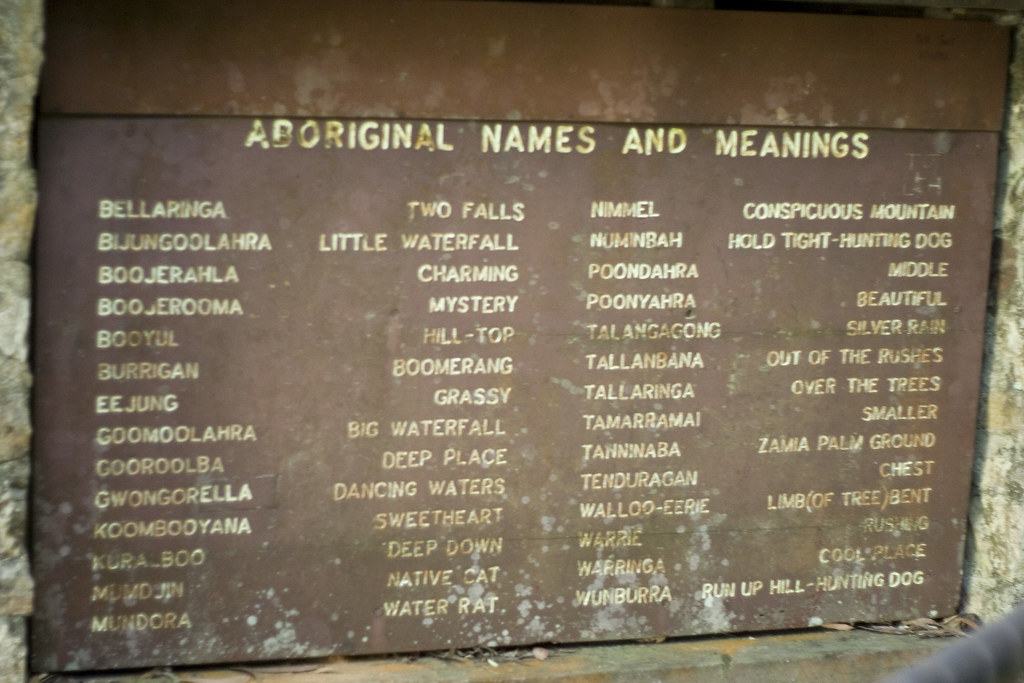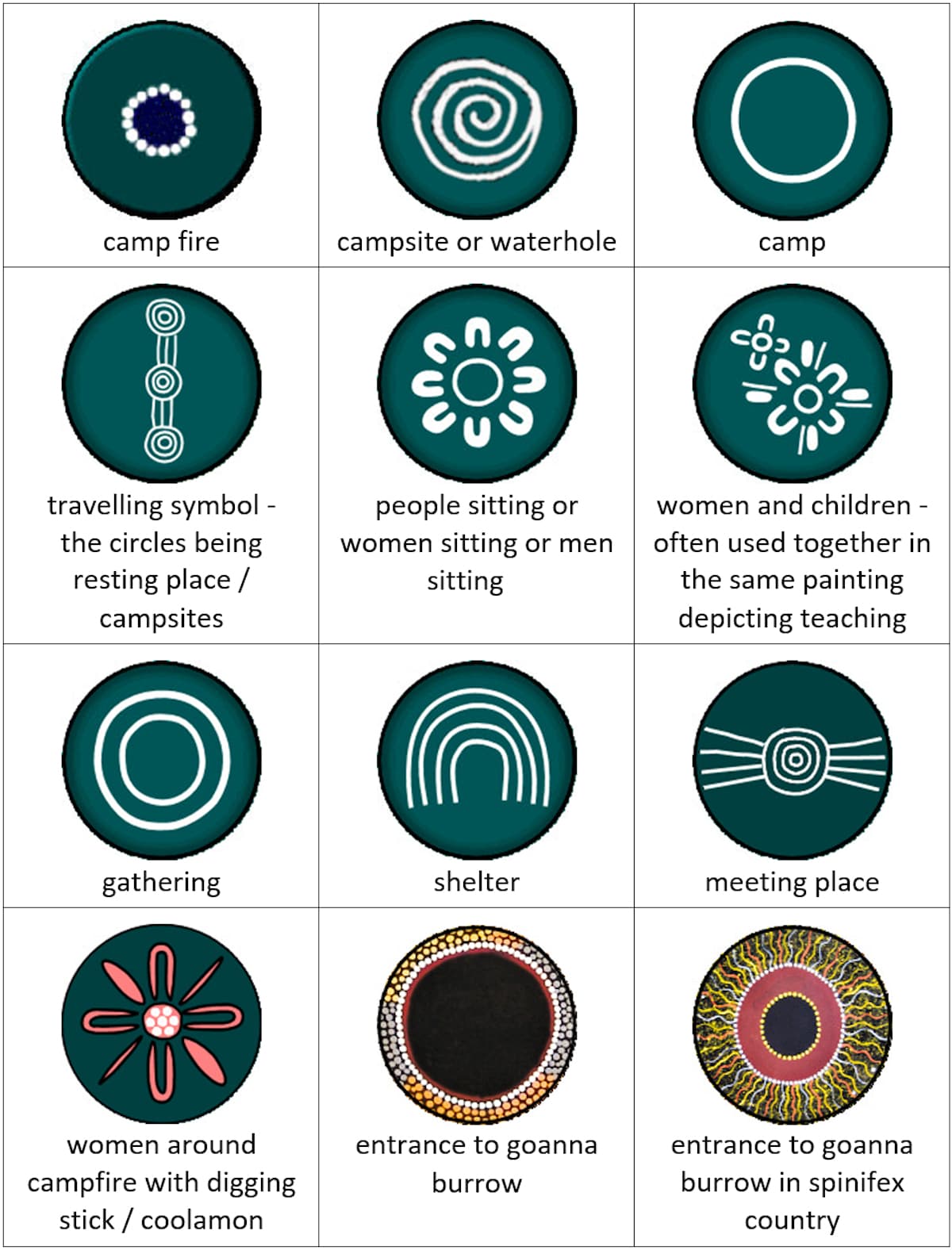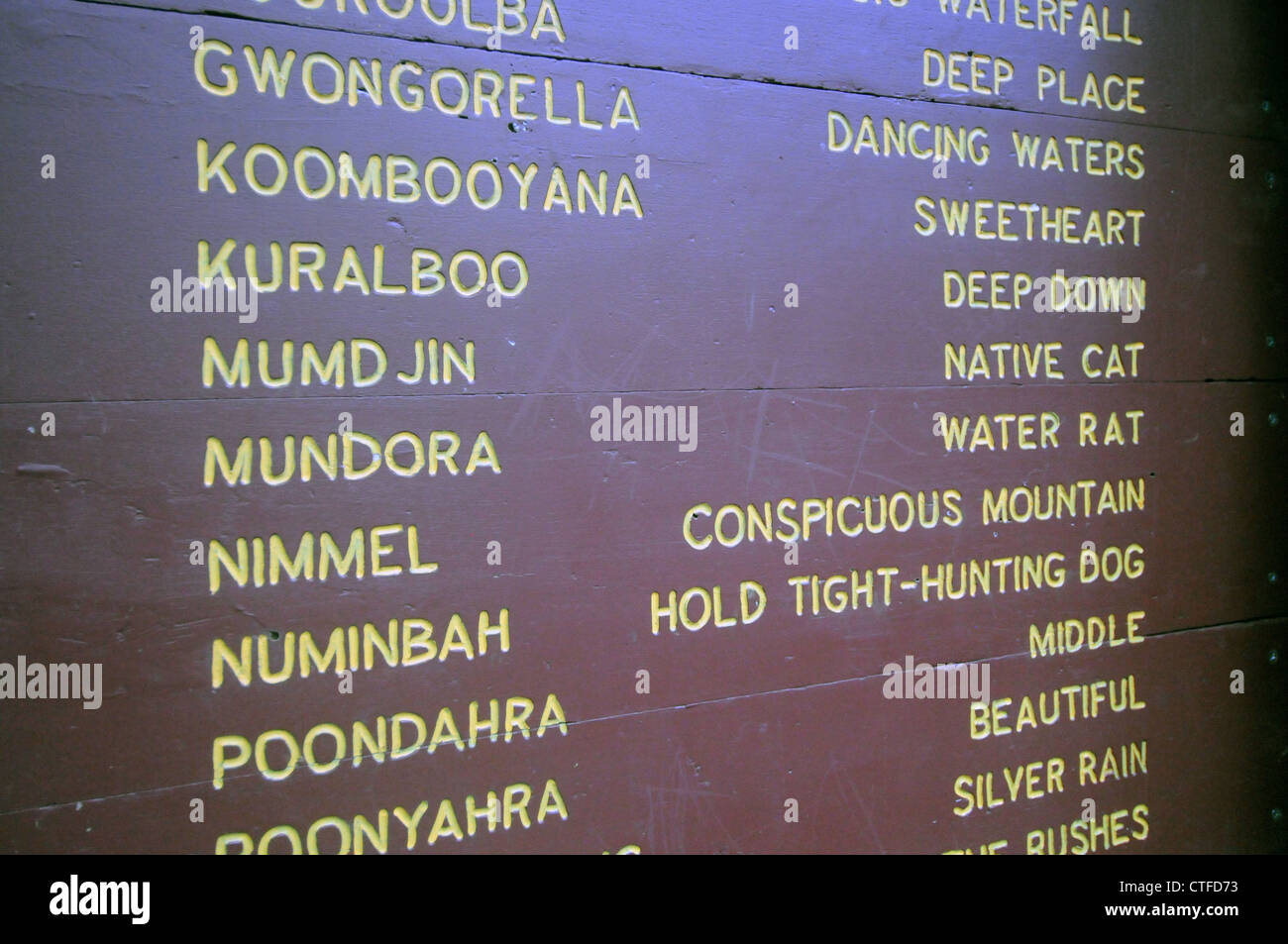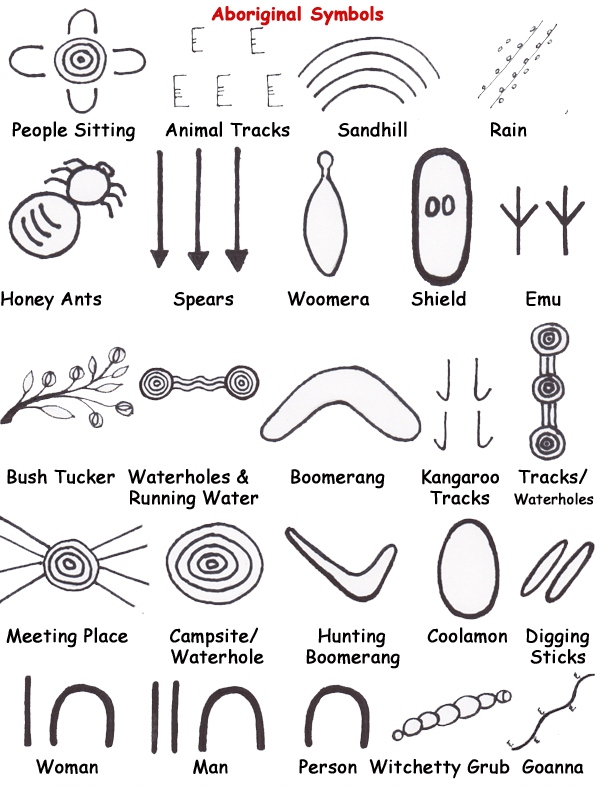Unlocking the Meaning: A Comprehensive Guide to Aboriginal Names
Unlocking the Meaning: A Comprehensive Guide to Aboriginal Names

The rich tapestry of Aboriginal culture is woven with threads of history, spirituality, and a deep connection to the land. This connection is beautifully reflected in the names given to individuals, often carrying profound meanings that speak to their lineage, ancestral ties, and personal qualities.
Exploring Aboriginal names is more than just delving into a fascinating linguistic tradition; it’s a journey into the heart of a culture that has thrived for tens of thousands of years. This guide aims to provide a comprehensive overview of Aboriginal names, delving into their origins, meanings, significance, and the cultural context that shapes their use.
Related Articles: Unlocking the Meaning: A Comprehensive Guide to Aboriginal Names
- A Journey Through The Sounds Of Australia: Exploring The Instruments Of Indigenous And Modern Culture
- A Journey Through Taste: Exploring The Culinary Expressions Of Australian Indigenous Tribes
- Unveiling The Enigmatic "Mamake Wa Totom": A Journey Through Swahili Idioms And Cultural Nuances
- A Taste Of The Outback: Exploring Australia’s Unique Native Fruits
- What Is The Difference Between Aboriginal And IndigenousTitle
The Significance of Names in Aboriginal Culture
For Aboriginal people, a name is not merely a label; it’s a powerful symbol that connects an individual to their family, community, and the land itself. It serves as a conduit to ancestral knowledge, stories, and traditions, passed down through generations.
Origins and Evolution of Aboriginal Names
Aboriginal naming practices vary significantly across the diverse language groups and nations of Australia. However, some common themes emerge:
- Connection to the Land: Many names are derived from specific locations, natural features, or significant events associated with a particular area. This signifies a deep connection to the land and its ancestral custodians.
- Family Lineage: Names often reflect familial ties, honoring ancestors and maintaining a sense of continuity within the clan or family group.
- Personal Qualities: Some names are bestowed based on a child’s personality, physical characteristics, or the circumstances surrounding their birth.

Types of Aboriginal Names
Aboriginal names can be broadly categorized into:
- Given Names: These are the names bestowed upon an individual at birth, often chosen by elders or parents based on the factors mentioned above.
- Clan Names: These names represent the lineage and ancestral ties of a particular group within a larger community.
- Spirit Names: In some traditions, individuals are given a spirit name that reflects their connection to the spirit world and their role within the community.

Cultural Considerations
It’s crucial to understand that Aboriginal names are not simply words to be borrowed or used lightly. They hold immense cultural significance and should be treated with respect.

- Respect for Cultural Sensitivity: Using Aboriginal names without understanding their meaning and context can be disrespectful and offensive.
- Seeking Permission: If you are considering using an Aboriginal name, it is essential to seek permission from the relevant Aboriginal community or elders.
- Honoring Tradition: Aboriginal names should be used with reverence and an understanding of the cultural traditions they represent.
Examples of Aboriginal Names and Their Meanings
Here are a few examples of Aboriginal names from different language groups across Australia, along with their meanings:
Language Group: Name: Meaning:
- Yolngu: Garrnggal: "The place where the water meets the land."
- Wiradjuri: Biri: "The moon."
- Warlpiri: Jukurrpa: "The Dreaming."
- Bundjalung: Gumbaynggirr: "The people of the river."
- Ngarrindjeri: Wangka: "The sea."
The Importance of Preserving Aboriginal Names
The preservation of Aboriginal names is vital for maintaining cultural identity and passing down knowledge to future generations.
- Language Revival: Efforts to revitalize Aboriginal languages are essential for preserving the rich cultural heritage embodied in these names.
- Cultural Education: By learning about Aboriginal names and their meanings, we can foster greater understanding and appreciation for Aboriginal culture.
- Respect for Indigenous Knowledge: Recognizing the significance of Aboriginal names is a step towards honoring the deep knowledge and wisdom of Indigenous Australians.
FAQ about Aboriginal Names
1. Can I use an Aboriginal name for my child?
It is important to seek permission from the relevant Aboriginal community or elders before using an Aboriginal name. This ensures that the name is used respectfully and with understanding.
2. What is the difference between a given name and a clan name?
A given name is bestowed upon an individual at birth, while a clan name represents the lineage and ancestral ties of a specific group within a larger community.
3. Why are some Aboriginal names related to the land?
Many Aboriginal names are derived from specific locations or natural features, reflecting the deep connection between individuals and their ancestral lands.
4. Are there any resources for finding the meaning of Aboriginal names?
Yes, there are several resources available, including dictionaries, online databases, and cultural organizations. It is important to consult reliable sources and be mindful of cultural sensitivities.
5. How can I learn more about Aboriginal culture and names?
There are many ways to learn more, including visiting museums, attending cultural events, and engaging with Aboriginal communities.
Conclusion
Aboriginal names are more than just words; they are powerful symbols that encapsulate the essence of a rich and vibrant culture. By understanding their meanings and significance, we can foster greater appreciation and respect for Aboriginal heritage. Preserving these names is essential for maintaining cultural identity and ensuring that the knowledge and wisdom of Indigenous Australians continues to thrive for generations to come.

Closure
Thus, we hope this article has provided valuable insights into Unlocking the Meaning: A Comprehensive Guide to Aboriginal Names. We thank you for taking the time to read this article. See you in our next article!